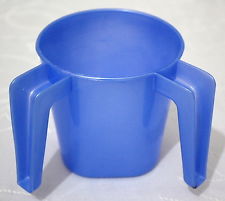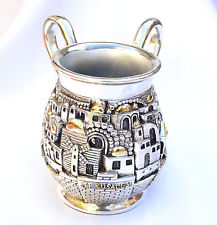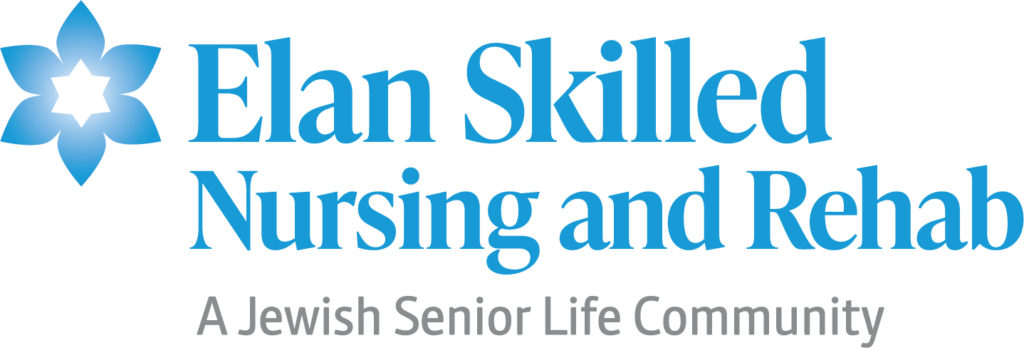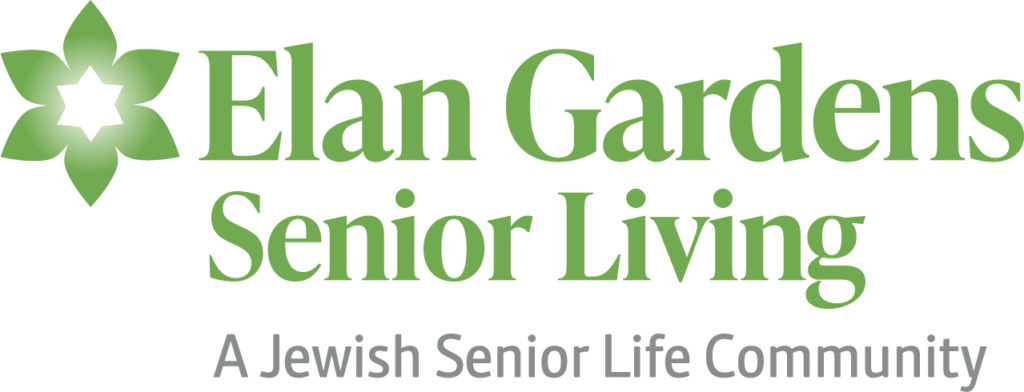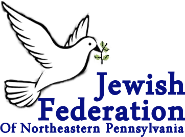 Monthly Mitzvah
Monthly Mitzvah
Second Month – Beginning August 1st!
Birkat Hamazon – Grace After Meals
We are excited to announce a brand new program! On the heels of our very successful Pre-Shavuot Program, we are launching an innovative idea. This exciting program is designed to bring its participants closer to G-d in an easy but inspiring way.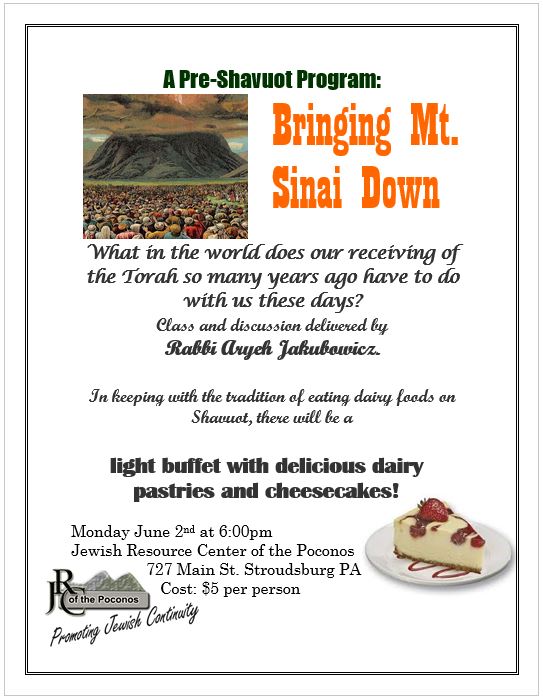
A Mitzvah is a commandment. Some are Scriptural in origin and some have their source in Rabbinic decrees and enactments. In either case, the performer of a mitzvah brings upon himself spirituality and closeness to G-d. There are 613 Mitzvos and they come in all shapes and sizes. Many are easy to do and cost nothing while some require more effort and expenditure.
With the Monthly Mitzvah program, we will introduce a new, easy to perform Mitzvah every month. Participants will enjoy performing the Mitzvah of the Month for the duration of the month. We will post the basic mitzva with some of its laws and meanings.The second Mitzvah that is being presented and publicized is…
Birkat Hamazon – Grace After Meals
The Procedure –
Birkat Hamazon is essentially a blessing which is recited after eating a meal to thank G-d for the food which we have consumed. Although there are many other blessings which come in all sizes and varieties, this is one of the only ones (there are one or two others) that is mandated directly by the Torah. It is a scriptural commandment! In Deuteronomy 8:10 we are told, “and you will eat, and you will be satisfied and you will bless Hashem your G-d…”
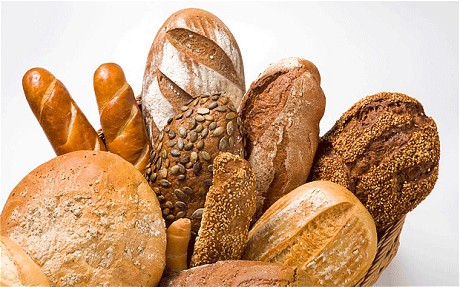 The requirement for this particular blessing is specific to bread. After one has eaten at least (approximately) one and a half slices of bread, he is required to recite Birkat Hamazon. The original text is Hebrew but it can be recited just as well in English or any other language which makes one comfortable. We will not publish the entire text here, but it can be found on many websites and there are numerous apps that have Birkat Hamazon in many languages. I would suggest using keywords “Birkat Hamazon” or “Grace After Meals.” You could even try “benching”, which is the
The requirement for this particular blessing is specific to bread. After one has eaten at least (approximately) one and a half slices of bread, he is required to recite Birkat Hamazon. The original text is Hebrew but it can be recited just as well in English or any other language which makes one comfortable. We will not publish the entire text here, but it can be found on many websites and there are numerous apps that have Birkat Hamazon in many languages. I would suggest using keywords “Birkat Hamazon” or “Grace After Meals.” You could even try “benching”, which is the 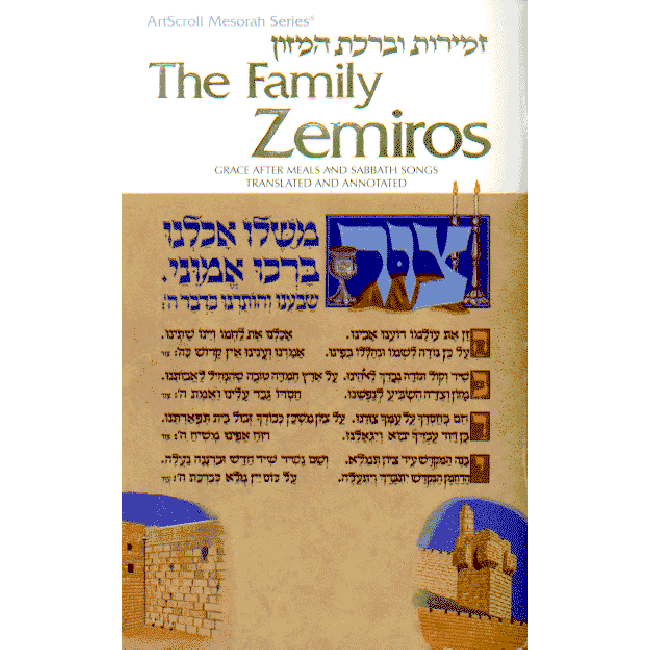 yiddish term that is used for Birkat Hamazon. What is most commonly used is what is colloquially called a “bencher”. This is a small pamphlet which usually contains Birkat Hamazon along with some of the Shabbat songs among other various prayers and blessings. There are literally hundreds of different benchers out there from which to choose. They come in all sizes, shapes and languages! One of the most popular is the Artscroll Family Zemiros which has the Hebrew text along with the English translation. It is rather inexpensive and can be ordered directly from the Artscroll website or you can email rabbij@poconojrc.org and we can order one (or more!) for you.
yiddish term that is used for Birkat Hamazon. What is most commonly used is what is colloquially called a “bencher”. This is a small pamphlet which usually contains Birkat Hamazon along with some of the Shabbat songs among other various prayers and blessings. There are literally hundreds of different benchers out there from which to choose. They come in all sizes, shapes and languages! One of the most popular is the Artscroll Family Zemiros which has the Hebrew text along with the English translation. It is rather inexpensive and can be ordered directly from the Artscroll website or you can email rabbij@poconojrc.org and we can order one (or more!) for you.
You will find that there are actually four blessings plus some additional prayers which comprise the entirety of Birkat Hamazon. It seems rather long and it can be time consuming, especially for the beginner. We would suggest starting out by reciting only the first paragraph which is an entire blessing unto itself. As your familiarity (and motivation!) increase you can add more of Birkat Hamazon in paragraph increments. There are many other laws and details that go along with Birkat Hamazon, but you will surely familiarize yourself with them as the mitzva grows on you. Why would the mitzva grow on you? Keep reading!
What’s Behind It?
Hashem is the Great Provider. If we are lucky enough to have food to eat and sustain ourselves, it is through the grace of G-d. This is a concept which is already obvious to many. However, we often tend to forget about Hashem’s role in our sustenance. We work hard to earn a living and the food that we eat is, quite literally, the fruits of our labors. This is true, but we must not lose sight of the great miracles that Hashem does for us on a regular basis in order to bring the food to our plates. The seed is planted,  and with the help of some water it begins to take root. The grain begins to grow on the stalk with the assistance of some sunlight. Each step of the process which ends with fresh aromatic bread coming out of the oven is orchestrated by Hashem. And it is all for our benefit and pleasure! The Torah therefore commands us to thank Him for the wonderful bounty which we enjoy.
and with the help of some water it begins to take root. The grain begins to grow on the stalk with the assistance of some sunlight. Each step of the process which ends with fresh aromatic bread coming out of the oven is orchestrated by Hashem. And it is all for our benefit and pleasure! The Torah therefore commands us to thank Him for the wonderful bounty which we enjoy.
Thanking Hashem on a regular basis is one of the best means in maintaining and furthering our relationship with Him. This mitzvah will undoubtedly serve as an invaluable tool in our quest to bring ourselves closer and closer to G-d!
First Mitzvah – July 2014
Ritual Hand-Washing of the Morning
The Procedure –
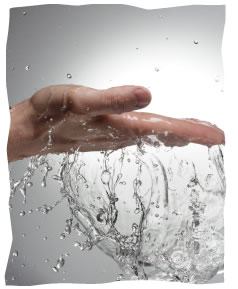 Immediately upon arising in the morning, one takes a washing cup and fills it from the sink while holding it in the right hand. Transfer the cup to the left hand (the cup should ideally have two handles) and pour water once over the right hand, completely covering all areas of the hand until the wrist bone. Transfer the cup back to the right and pour over the left in the same way. Repeat this process two more times filling the cup as necessary. You have now washed a total of six times, three on each hand. Dry your hands and they are ritually pure!
Immediately upon arising in the morning, one takes a washing cup and fills it from the sink while holding it in the right hand. Transfer the cup to the left hand (the cup should ideally have two handles) and pour water once over the right hand, completely covering all areas of the hand until the wrist bone. Transfer the cup back to the right and pour over the left in the same way. Repeat this process two more times filling the cup as necessary. You have now washed a total of six times, three on each hand. Dry your hands and they are ritually pure!
Begin your day with a sense of holiness and spirituality. There is a blessing that is recited as one dries the hands (to be said only outside the bathroom). The blessing is identical to that after washing for bread. If one did not recite the blessing, the mitzvah is valid nonetheless and the effect remains. Washing cups are produced solely for the purpose of facilitating this type of washing. They hold large amounts of water and have two handles. They range in style from the very simple and basic to the much more elaborate (and expensive)!
If anyone needs a (or more than one) washing cup, feel free to contact me at rabbij@poconojrc.org or avail yourself of the many websites from which you can order judaica.
What’s Behind It?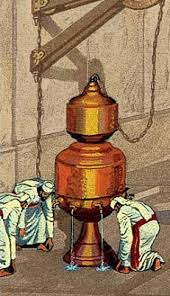
Our Rabbis teach us that when a person awakens in the morning, he is like a new creation. We must thank G-d for having recreated us to glorify Him and serve Him by following and studying His Torah. For this reason, one should sanctify himself to perform G-d’s service much the same as a Kohen (Priest) must sanctify himself before performing the actual service in the Holy Temple. This was done by the Kohen washing his hands (and feet) from the special washing station which was dedicated for this express purpose. We wash our hands too and feel sanctified and holy for the rest of the day!

